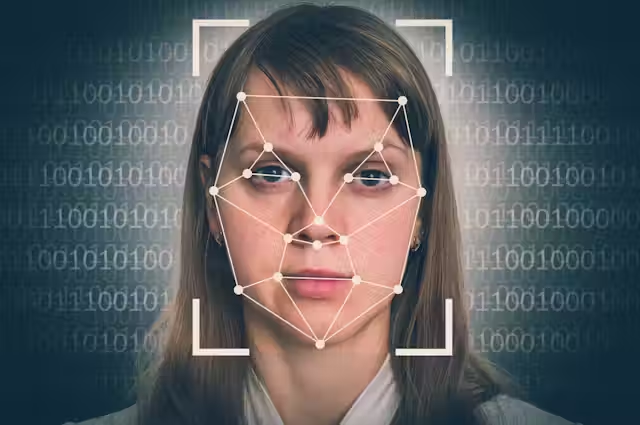CivitAI, one of the internet’s largest AI model repositories, has implemented sweeping policy changes targeting deepfake and NSFW content—moves triggered by growing legal scrutiny and mounting pressure from payment giants Mastercard and Visa.
At the heart of the update is CivitAI’s clampdown on celebrity LoRAs—user-generated adjunct models that enable realistic AI-generated depictions of real individuals, including public figures and actors. These models, often used for explicit content, have been especially popular across the platform.
According to CivitAI’s Community Engagement Manager Alasdair Nicoll, the changes were not voluntary. Speaking during a recent Twitch stream, Nicoll admitted the site was forced into compliance due to fears of lawsuits and tightening global regulations around AI-generated adult content and likeness misuse.
Nicoll explained that Visa and Mastercard threatened to halt payment services unless the company made immediate policy changes. Among the options proposed were removing NSFW content entirely, moving adult models to a geo-blocked platform, or switching to crypto-only payments—none of which were viable for the platform’s creators or users.
Now, CivitAI is enforcing a series of restrictions that aim to sanitize its offerings while still keeping the platform online.
Real-Person Models Face New Restrictions
As of now, any content tagged with the names of real people or labeled as “person-of-interest” (POI) resources is being scrubbed from public feeds. While CivitAI had previously prohibited NSFW celebrity depictions, users could still browse such models side-by-side with adult content. That’s no longer the case.
Nicoll revealed that high-profile individuals such as Tom Hanks and several adult film stars have already requested the removal of their likenesses. To enforce these takedowns more effectively, CivitAI has now partnered with Clavata, an AI moderation platform with stronger detection tools than previous providers.
This new system reportedly enables CivitAI to proactively identify and block uploads resembling protected individuals—even if the system hasn’t seen those likenesses before.
Metadata Requirements and BYOI Limits
To comply with additional demands from payment processors, CivitAI is now enforcing mandatory metadata for all AI-generated images and videos. Creations that lack embedded generation data will be hidden from public view and may be deleted within 30 days unless manually updated by the user.
Also facing limitations is the “Bring Your Own Image” (BYOI) feature, which now requires a minimum of 50% noise alteration. This rule is designed to prevent subtle deepfakes, ensuring that uploaded images undergo meaningful AI transformation instead of minor edits.
Monetization and Search Restrictions
To curb misuse and limit monetization of real-person likenesses, the following changes have also been introduced:
- Celebrity names cannot be searched alongside X or XXX content.
- Advertisements will no longer appear on models replicating real people.
- Tipping (Buzz) is disabled on any real-person likeness content.
- Real-person models will not be eligible for Early Access, a feature that rewards creators with early monetization options.
CivitAI has introduced a Content Removal Request page, allowing anyone—not just registered users—to flag illegal or abusive content. A new 2257 Compliance Statement further asserts that all explicit material hosted on the platform is synthetic, not derived from real images or videos.
Escalating Enforcement and User Reaction
While some content, including celebrity LoRAs, is still available in limited forms, much has been delisted or hidden from discovery. Users suspect this is just the beginning of a broader crackdown that may eventually prohibit all real-person models entirely.
Nicoll acknowledged this concern, admitting that further restrictions from financial institutions are likely unavoidable. “They won’t stop here,” he said. “That’s just the world we live in now.”
Despite these sweeping changes, some users continue to seek alternative ways to preserve and distribute banned content. Archives and emergency repositories have already surfaced on platforms like Hugging Face and Reddit. However, these efforts may soon be pushed further underground as mainstream platforms tighten moderation and block NSFW AI tools entirely.
For now, CivitAI remains accessible, but it’s clear the platform’s future will be shaped less by its users—and more by lawmakers and payment providers increasingly uneasy with the risks of generative AI.













